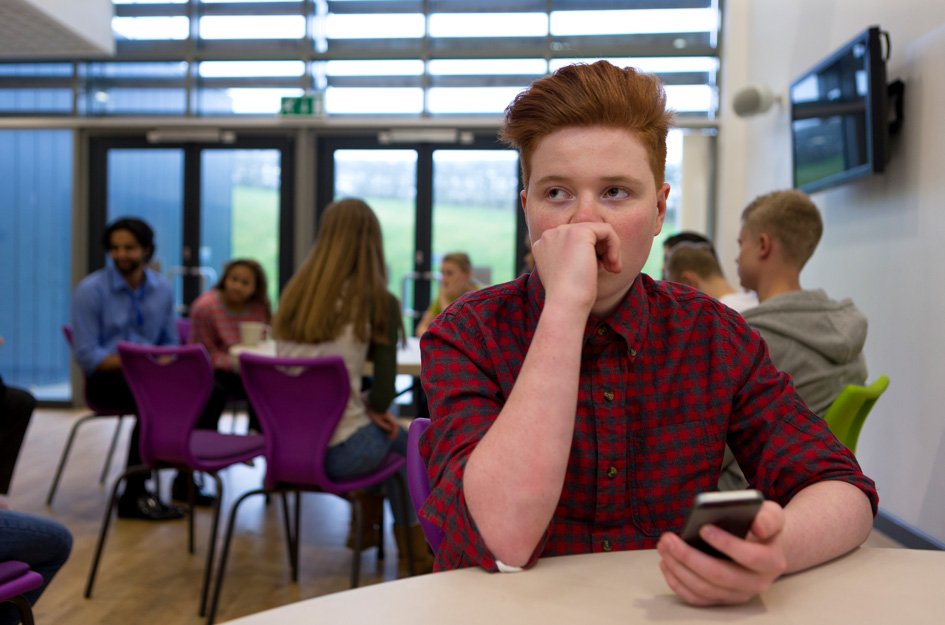

Symptoms of anxiety and depression in adolescence are on the rise as youth mental health needs trend upward, so it’s important to understand depression among teens, recognize warning signs and know how to help teens with depression.
It’s normal for teens and tweens to feel ups and downs on a regular basis. After all, they’re exploring their independence and figuring out their identities, while also navigating the rules and expectations of their household, school, social media and peer social dynamics.
While everyday life experiences may cause negative moods and bad days, depression is the persistent feeling of sadness and loss of interest in activities. Depression can interfere with daily activities like eating, sleeping, participating in class or spending time with friends and can lead to dangerous behavior changes.
Depression in youth is a serious mental health problem, and it’s important to know the symptoms of depression in teens and be ready to help.
Parents often wonder about the cause of depression in teens, and it can be unique to each individual. Today’s kids and teens face considerable challenges to their mental health, from peer pressure, school shootings and social media’s impact on self-esteem, to systemic inequities and the continued impact of the COVID-19 pandemic. Trained, caring staff at Boys & Girls Clubs establish trusting relationships and open dialogues that help staff and youth recognize changes in thoughts, feelings and behaviors, as well as know when to get help.
Knowing the signs of depression in teens ensures you are able to help your child during a time of need. Dealing with teenage depression is difficult but knowing the warning signs and next steps to support your teen will ensure you’re their ally in getting help.
Boys & Girls Clubs of America provides youth mentorship, mental health services and meaningful life experiences that boost youth self-esteem, build confidence and contribute to healthy mental, emotional and physical wellbeing. Sign up for our newsletter to receive the latest resources and stories.
We use cookies to enhance your experience. Learn More.
Boys & Girls Clubs of America uses cookies to give you the best experience on our website. Read about cookies in our privacy policy. By closing this message, you consent to our use of cookies on this device in accordance with our policy unless you have disabled them.